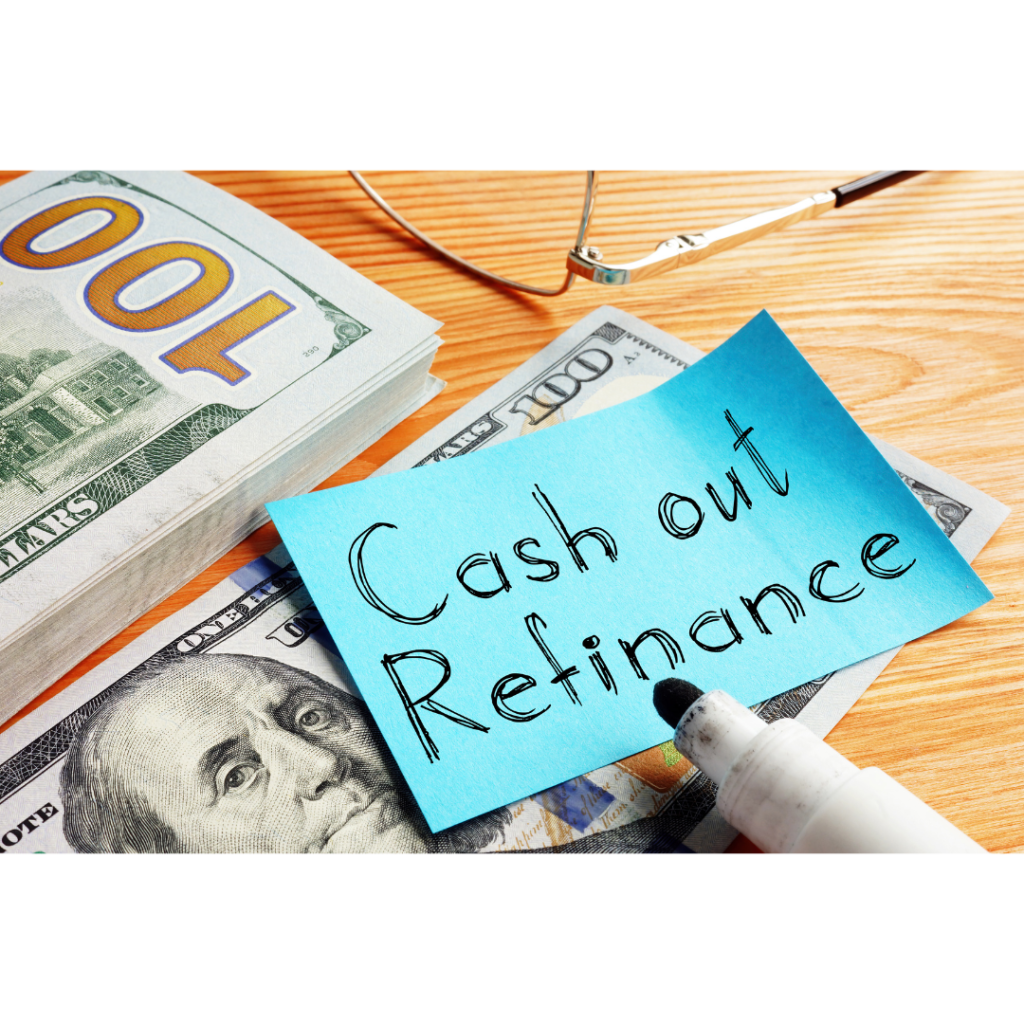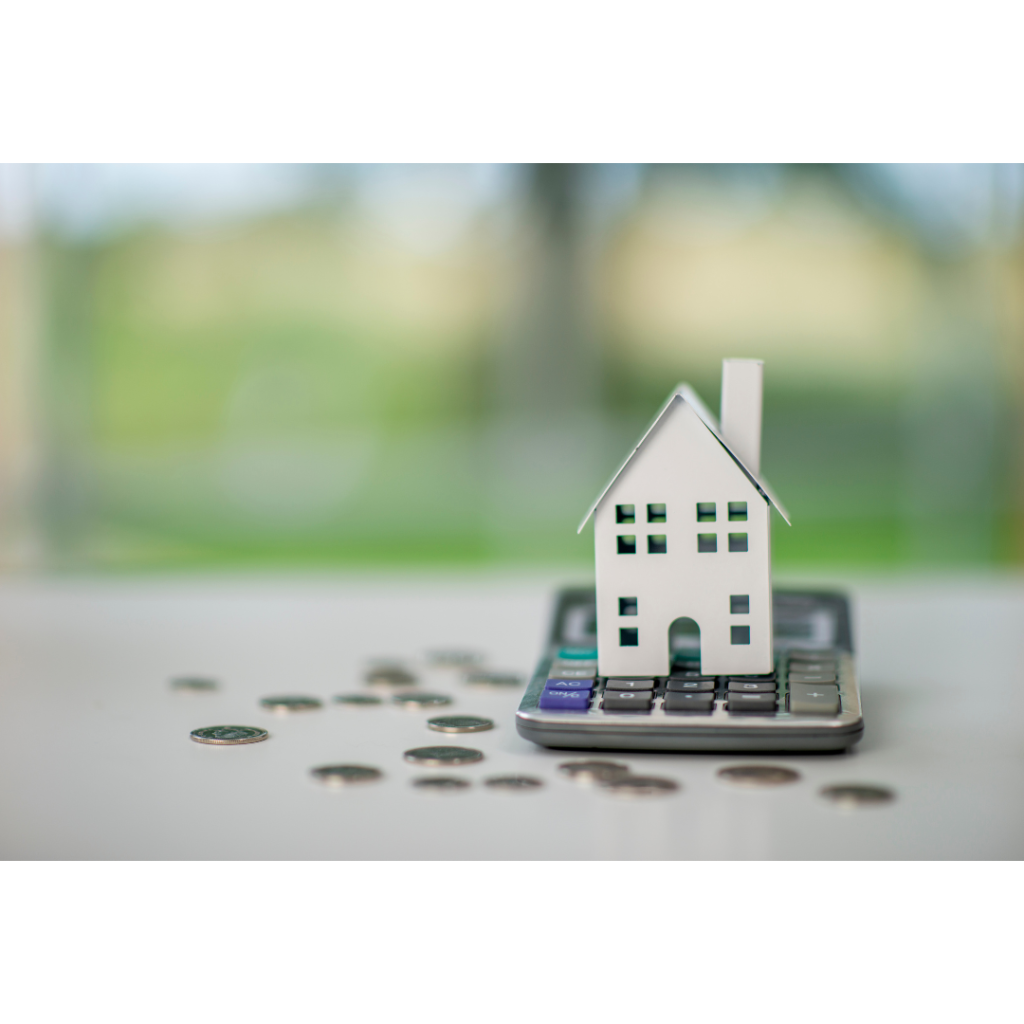How to Cash-Out Refinance on Your Investment Property
When should I Refinance My apartment building?
September 22, 2022Mortgage Rates on Investment Properties
September 27, 2022Property values are up, which means it’s the best time for a cash-out refinance to boost your real estate portfolio. With this mortgage refinancing option, you can convert home equity into cash.
Equity is the property’s current market value minus liens. Equity fluctuates because of the economy, the law of supply and demand, and your mortgage payments. It is an asset that you can borrow against, so you can boost your investment portfolio.

How to Make Money from Home Equity
The rise of property values gives way to investors becoming equity rich—a term for when the estimated loan balance of the house is 50% or less than the property’s estimated market value.
During the first quarter of 2022, around 45% of mortgaged homes in the United States were equity rich due to surging home prices. In 2021, the percentage was just 32% over the same period.
Real estate prices are unpredictable, so when you become equity rich, it’s the best time to do a cash-out refinance from your investment property. To cash out, you just apply for a new loan, and when approved, you pay off the existing mortgage and get the balance in a lump sum.
You can use this cash however you want—pay off credit card debts, go on vacation, buy a new car, or better yet, re-invest it. If you want to expand your real estate portfolio, you can use the cash as a down payment for a new property.
What You Need to Know About Cash-Out Refinance
When applying for a cash-out refinance for an investment property, you need the following:
- Good credit
- More than 25% equity
- LTV (loan-to-value) ratio of at least 70%
- Cash reserves
- High interest rates
What Is the Ideal Credit Score for Cash-Out Refinance?
For cash-out refinance on investment properties, you must have a credit score of at least 680—the higher, the better.
Credit reporting agencies follow different models. However, on average, this is how credit scores break down:
| Creditworthiness | Credit score |
| Excellent | 800–850 |
| Very good | 740–799 |
| Good | 670–739 |
| Fair | 580–669 |
| Poor | 300–579 |

How Much Equity Can You Cash Out?
There is no straightforward answer to this question because it is based on various elements. The amount you can cash out depends on your home’s current value and your loan balance.
Earlier, we mentioned that you need equity of at least 25%.
For example:
- You have a property you purchased at $250,000
- Its current market value is $275,000
- You have a mortgage balance of $150,000
Home equity is calculated as asset minus liability or Home equity = $275,000 – $150,000.
This means that you have $125,000 worth of equity in the property, which is at least 50% equity.
To determine tappable home equity, you presuppose that you can apply for another loan that’s higher than your mortgage balance.
Let’s say your new loan is $175,000 to pay off the mortgage balance of $150,000. The difference is $25,000 of tappable home equity.
What Is Your LTV Ratio?
Lenders calculate the LTV ratio to evaluate risk. It is one of the factors used to determine if the refinance will be approved.
High LTV ratios are considered high-risk loans and often incur higher interest rates. In many cases, borrowers with high LTV ratios are required to purchase mortgage insurance, which is an added financial burden.
So, how do you calculate the LTV ratio?
LTV =
For example, you found a property with an appraised market value of $250,000, and your mortgage amount is $175,000. What is your LTV ratio?
LTV =
= 0.7
*Multiply this by 100 to get the percentage, which is 70%.
In this case, you are eligible to get a cash-out refinance for a rental property with two to four units, based on the guidelines set by the Federal National Mortgage Association or Fannie Mae. The one-unit cash-out refinance has a higher maximum LTV ratio requirement of 75%.
The Federal Home Loan Mortgage Corporation or Freddie Mac has the same maximum LTV requirements for cash-out refinance for rental properties.

How Much Is Your Minimum Cash Reserves?
To be eligible for cash-out refinance, you also need to have cash reserves, which do not include tappable equity. Most lenders will require you to have around 12 months of mortgage payments in a verifiable account.
If you have other mortgages, you will need another 2% to 6% of the unpaid loan balance as cash reserves.
What Are the Current Cash-Out Refinance Rates?
Cash-out refinance rates are generally higher because investment property rates are about 0.5% to 0.75% more than primary residence rates. This is because it’s riskier to let borrowers use equity out of their property.
Each lender offers different refinance rates.
How to Apply for Cash-Out Refinance
Now that you know the requirements for a cash-out refinance, here are the steps to apply for one:
1. Check Various Lenders
It’s best to inquire with different banking or financial institutions to find the best cash-out refinance scenario for you. Each lender has a different set of guidelines for credit score, cash reserves, and refinance rates, so do your due diligence before you apply.
2. Know How Much Cash You Need
To avoid borrowing more than you need, calculate the exact amount you need to cash out. A bigger loan obviously means higher monthly payments. Keep your financial health in mind at all times, and do not borrow beyond your means.
3. Prepare Your Documents
Lenders will require your personal and financial information regarding employment, income, assets, debt, and credit report. Some lenders may ask for additional documents if they need more information about your financial capability to pay off your new loan.
4. Pay the Closing Costs
Whenever you take out a loan, you must pay closing costs to cover lender fees, attorney’s fees, appraisal fees since your house will be appraised for its current market value, among others.

What If You Are Not Eligible for a Cash-Out Refinance?
The requirements for a cash-out refinance for an investment property are much more stringent than regular refinance; hence, many have difficulty getting approved. Some lenders offer non-QM (qualified mortgage) loans, which have more tolerant requirements in terms of credit score, LTV ratio, and cash reserves.
Non-QM loans refer to more flexible mortgage financing with less stringent financial and credit qualifications. It’s the best option for self-employed people, rental property investors, and anyone who fails to meet the criteria for a traditional mortgage.
You can opt for the following non-QM loan options:
- Asset-based lending – Loans can be secured through available assets rather than credit score, LTV ratio, or other documents.
- Bank statement loans – These loans only require bank statements as proof of income instead of the usual Form W-2 and tax returns.
- Commercial rental property loan – Most commercial loans require credit scores above 660, but it’s negotiable under a non-QM loan.
- Mortgages without tax returns – These loans do not require proof of tax returns.
- Recent credit event loans – This is for those with low credit scores because of a recent event, which makes it almost impossible for them to get a mortgage approved.
Aurum and Sharpe for Your Non-QM Loans
If you’re having a hard time getting a cash-out refinance for your investment property, get in touch with Aurum & Sharpe. We will guide you every step of the way to make the application process easy for you. We have an experienced team to help you understand and get through the loan acquisition process.
Schedule a call with us here or contact (917) 209-5964. You may also email us at info@aurumsharpe.com.
Mortgage Rates
DSCR Mortgage: 7.375%
Commercial Mortgage: 7.5%
Single family, Condo Investment Property: 7.375%
Portfolio of Residential Homes: 7.5%
Calculate Your Monthly Payment
Mortgage Information
Monthly Payment
Principal and Interest: $0
Total Monthly Payment: $0


